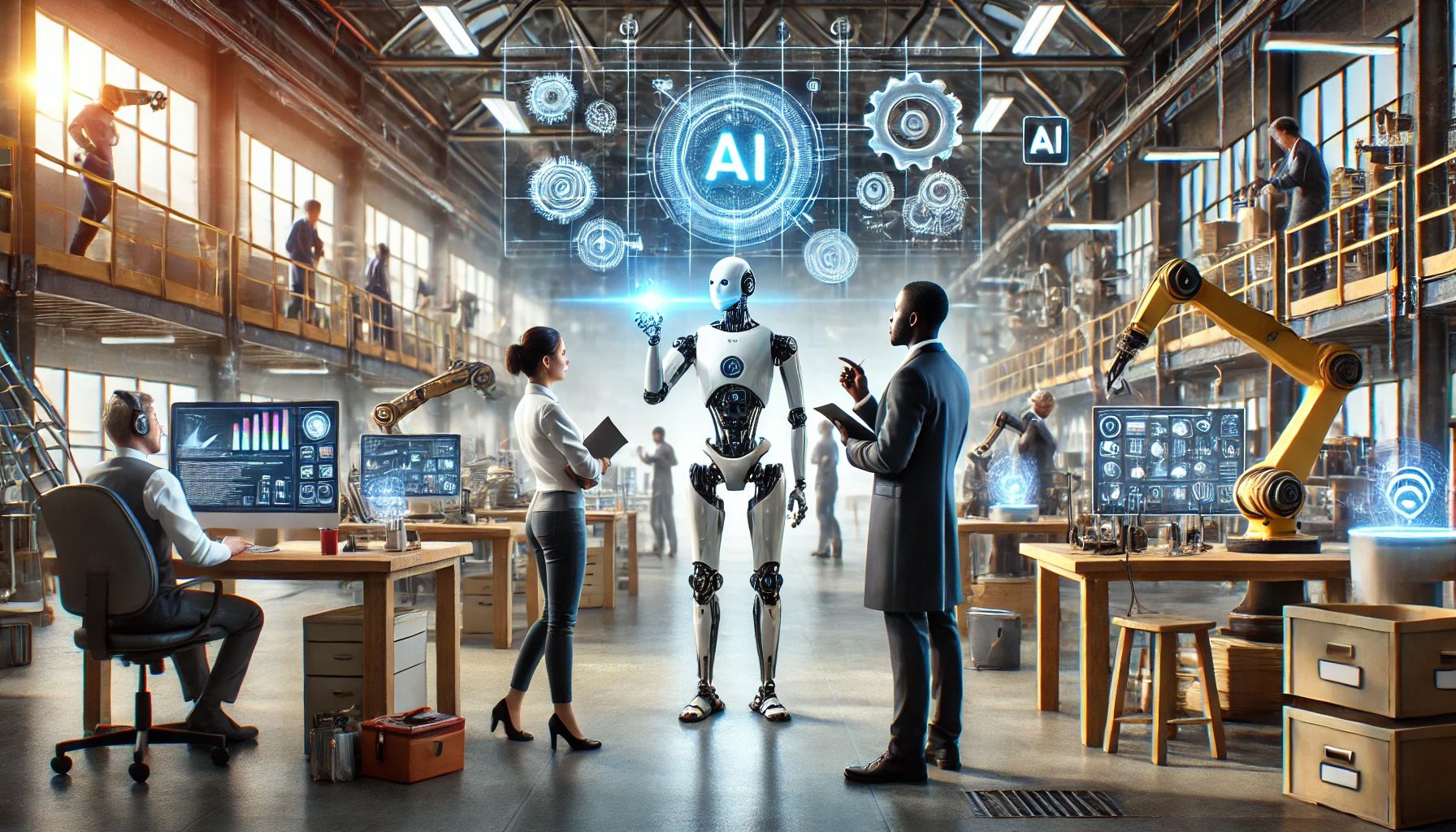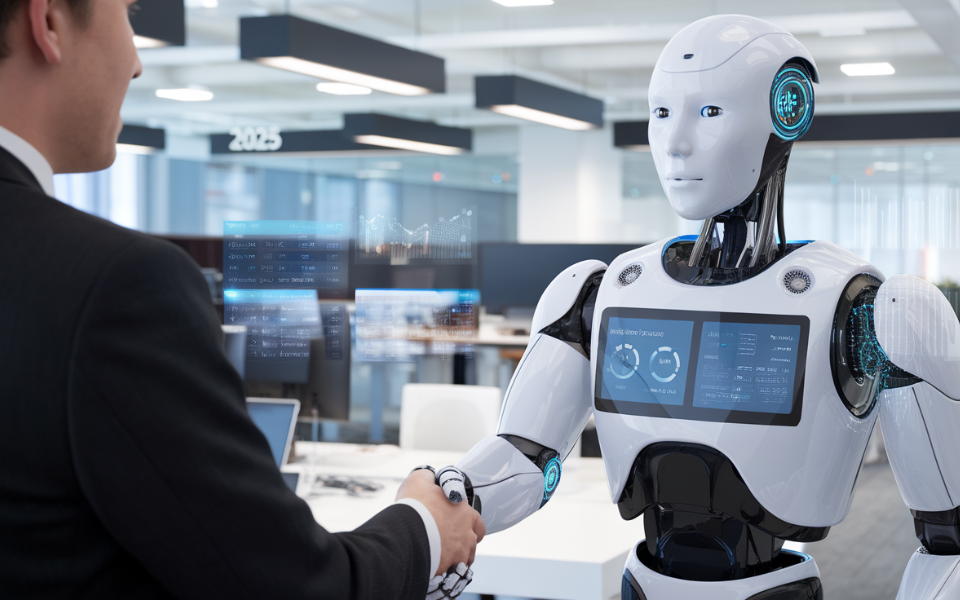Artificial Intelligence (AI) and job automation are reshaping industries by streamlining operations, improving efficiency, and reducing repetitive tasks. While these technologies introduce significant advantages, using them effectively and responsibly is essential to balancing innovation with workforce stability.
What is AI and Job Automation?
AI refers to computer systems that can perform tasks typically requiring human intelligence—such as decision-making, pattern recognition, or language processing. Job automation involves using software or machines to handle repetitive or routine tasks with minimal human input.
Together, AI and automation can transform the way businesses operate, from improving customer service to optimizing supply chains.
Key Ways to Use AI and Automation in the Workplace
Task Automation
Routine and time-consuming tasks such as data entry, scheduling, invoicing, and report generation can be automated using AI-powered tools like robotic process automation (RPA). This allows employees to focus on more strategic and creative work.
Customer Support
AI-driven chatbots and virtual assistants can handle basic customer queries 24/7, reduce response time, and improve service quality. Advanced systems also use natural language processing (NLP) to understand and respond to more complex questions.
Data Analysis and Insights
AI can process and analyze large volumes of data far more quickly than humans. Businesses use AI to gain insights into customer behavior, market trends, and operational efficiency, enabling smarter decision-making.
Recruitment and HR
AI tools can screen resumes, rank candidates, and schedule interviews, helping HR teams streamline the hiring process. Predictive analytics can also assist in identifying high-performing candidates or improving employee retention.
Manufacturing and Logistics
Robots and automated machinery are used in manufacturing to increase speed and reduce errors. In logistics, AI helps optimize delivery routes, manage inventories, and forecast demand accurately.
Personalized Marketing
AI can analyze consumer data to create highly targeted marketing campaigns. Businesses use AI to deliver personalized product recommendations, email content, and advertising, increasing engagement and conversion rates.
Considerations When Implementing AI and Automation
While AI and automation bring efficiency, they also require thoughtful implementation:
- Workforce Impact: Automation can replace certain roles, so it’s important to invest in reskilling and upskilling employees.
- Ethical Use: Ensure AI systems are used transparently and do not reinforce bias or discrimination.
- Security and Privacy: Handle user data responsibly and implement robust cybersecurity measures to protect sensitive information.
- Human Oversight: Maintain a balance between automation and human supervision to ensure accountability and ethical decision-making.
Conclusion
AI and job automation offer transformative potential for boosting productivity, enhancing service quality, and driving innovation. However, to fully realize their benefits, businesses must adopt these tools strategically—considering their impact on people, ethics, and long-term sustainability. When used responsibly, AI becomes not a threat, but a powerful ally in the future of work.







Leave feedback about this